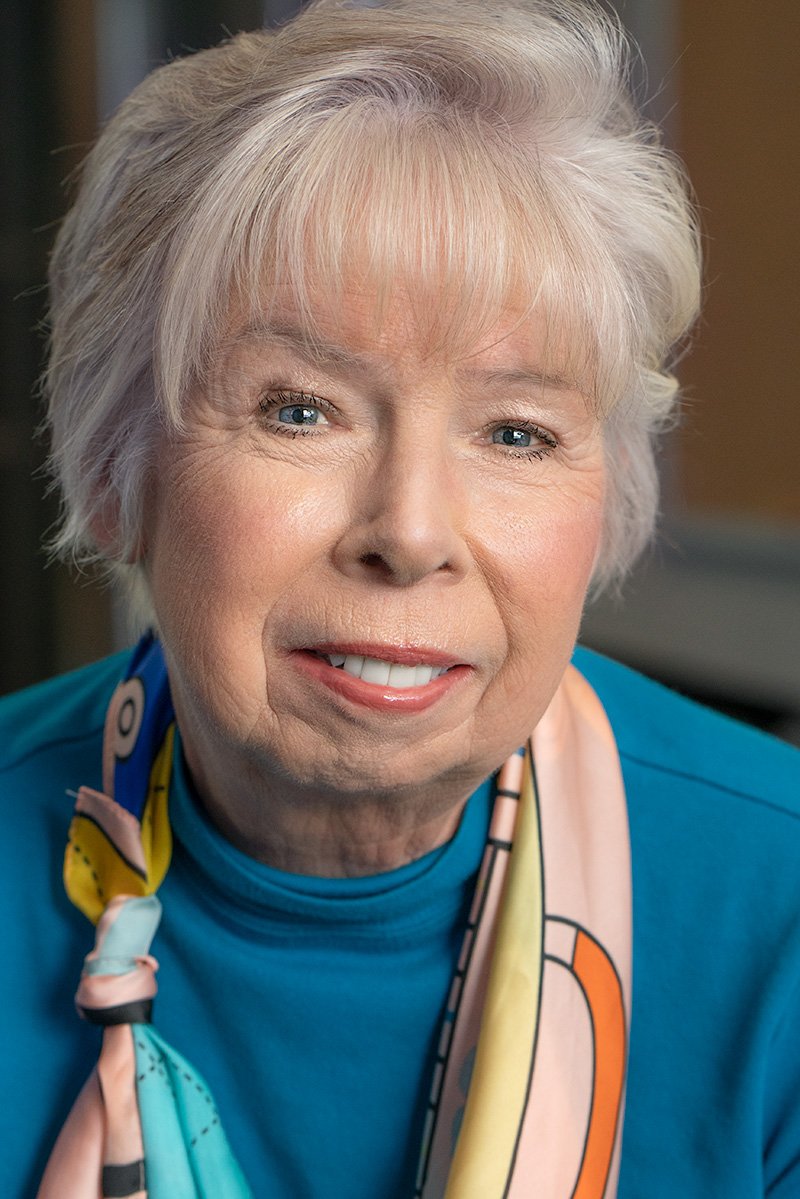 I am a retired technical writer and instructional designer, and now a scriptwriter and producer. I fell in love with computers in 1981 and ultimately worked in the space defense industry, telecommunications, and systems development. I have a B.S. in Education and a M.A. in Communications. I moved to Colorado to live in the mountains in 1985.
I am a retired technical writer and instructional designer, and now a scriptwriter and producer. I fell in love with computers in 1981 and ultimately worked in the space defense industry, telecommunications, and systems development. I have a B.S. in Education and a M.A. in Communications. I moved to Colorado to live in the mountains in 1985.
When did you first decide writing would be your career or hobby—did you find writing, or did writing find you?
Writing found me. Even though I graduated from college as a history teacher, I never taught. In those days, history teacher positions were often linked to men’s coaching tasks (before Title IX), but with my organizational skills and degree, I was hired as a legislative aide in the Wisconsin State Senate. Working with adults and constituents opened a new avenue for me and gave me the opportunity to use my educational training with adults, thus launching my writing and training career.
What is the work that made you think in a different way?
I reveled in the opportunity to shape history and interact with officials in state and local governments, including my work on passing Title IX legislation in Wisconsin and implementing it with school boards state-wide. Both written and oral communications called me because I am intrigued by how the exchange of ideas impacts the way we interact, in organizations and teams, and in jobs, with our customers.
What is it that inspires you?
Learning and using new systems inspires me. I realized that the parts of my work I enjoyed the most are the visual aspects and gravitated towards online help and e-learning. Because seeing my stories on film is a priority, I started taking classes to learn how to write scripts and produce films.
Here are two short scripts with a message I wrote and produced. [Note: Leah was part of a team]
– Rainbow Bridge
– Delete Is Final
What are some of your favorite resources for writers?
So many of our BWA members have written novels and beautiful short stories, and many of them should be made into movies. In case our members would like to understand what is involved, I’m listing several useful resources.
- My go-to book from the UCLA graduate film program is called Lew Hunter’s Scriptwriting 434. I would consider taking online classes at UCLA if I were just starting to learn how to write screenplays.
- To learn how to adapt your stories into a script, Linda Seger does a phenomenal job in The Art of Adaptation: Turning Fact and Fiction into Film. It focuses on the principles of a good script, as well as the process of adaptation.
- Behind every story is an understanding of the emotional aspects of change. Lajos Egri wrote The Art of Dramatic Writing: Its Basis in the Creative Interpretation of Human Motives. It is a classic book that I read every year, and take along when I go on vacation.
- If you want to explore what is involved in producing a film, a great guide is Shoot from the Heart: Successful Filmmaking from a Sundance Rebel by Diane Bell.
I belong to an organization called Women in Film and Media Colorado (WIFMCO). Through this organization, members can get in touch with scriptwriters who can transform their stories into screenplays.
